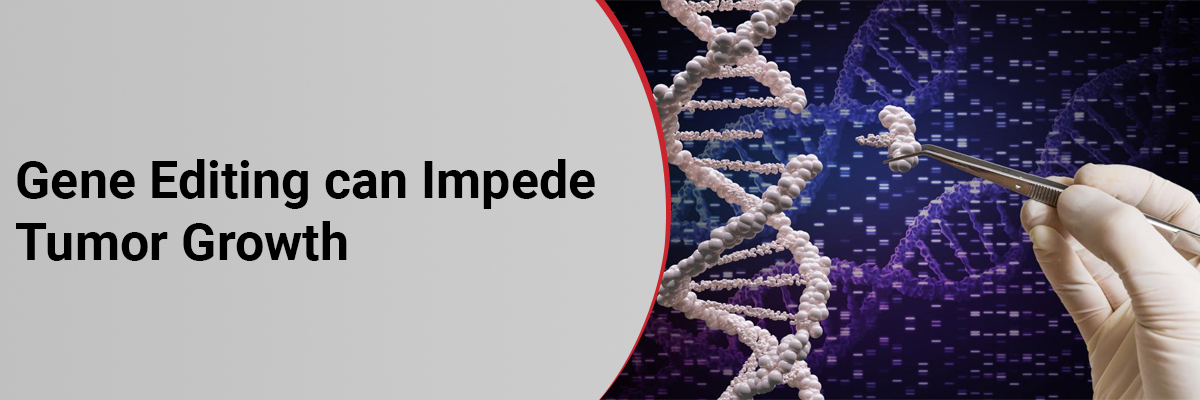
 IJCP Editorial Team
IJCP Editorial Team
Gene Editing can Impede Tumor Growth
A recent study conducted by Yale researchers and published in the journal Science, has revealed that cancer cells with additional chromosomes rely on the extra chromosomes for tumor development and growth. Removing these chromosomes from the cancer cells can halt tumor growth.
The findings underscore a potential new strategy for treating cancer by specifically targeting the extra chromosomes. The study utilized the gene-editing technique – CRISPR, to eliminate entire chromosomes from cancer cells. The researchers developed the ReDACT (Restoring Disomy in Aneuploid cells using CRISPR Targeting) approach and successfully targeted aneuploidy in melanoma, gastric cancer, and ovarian cell lines.
On removing the aberrant third copy of chromosome 1q, commonly found in various cancers, they noted a loss in the tumor-forming ability of these cells. The researchers proposed the concept of "aneuploidy addiction," similar to the concept of "oncogene addiction," suggesting that cancer cells heavily rely on aneuploidy for their growth.
Additionally, the study identified a vulnerability in cancer cells with an extra copy of chromosome 1, making them more sensitive to certain drugs. By targeting these cells with UCK2-dependent drugs, cellular evolution away from aneuploidy was observed, reducing their potential to become cancerous. The findings indicate that selectively targeting aneuploid cells could be an effective therapeutic approach for cancer treatment while minimizing harm to normal tissue. The results marked a significant advancement in oncology.

IJCP Editorial Team
Comprising seasoned professionals and experts from the medical field, the IJCP editorial team is dedicated to delivering timely and accurate content and thriving to provide attention-grabbing information for the readers. What sets them apart are their diverse expertise, spanning academia, research, and clinical practice, and their dedication to upholding the highest standards of quality and integrity. With a wealth of experience and a commitment to excellence, the IJCP editorial team strives to provide valuable perspectives, the latest trends, and in-depth analyses across various medical domains, all in a way that keeps you interested and engaged.










.jpg)








.jpg)

Please login to comment on this article